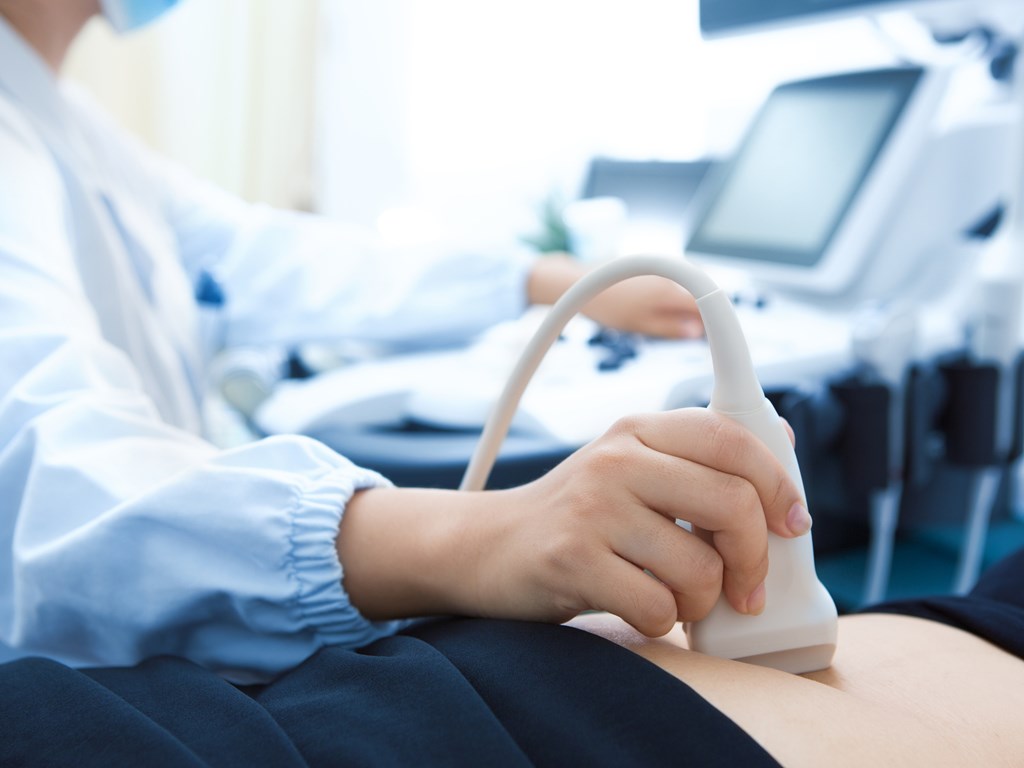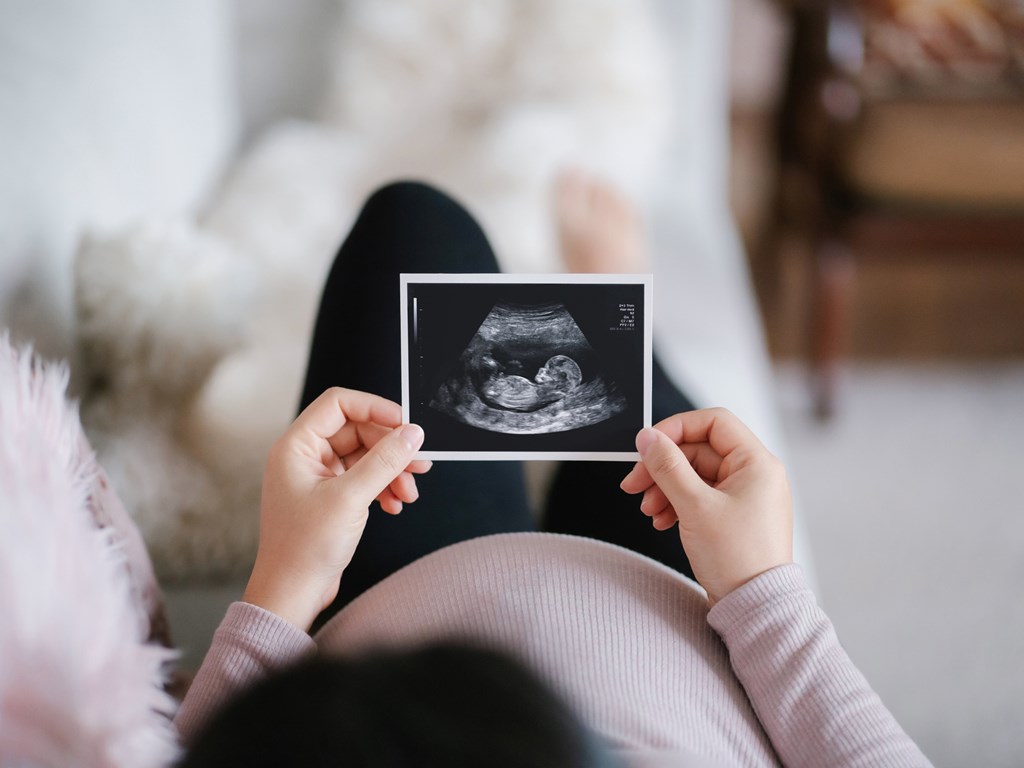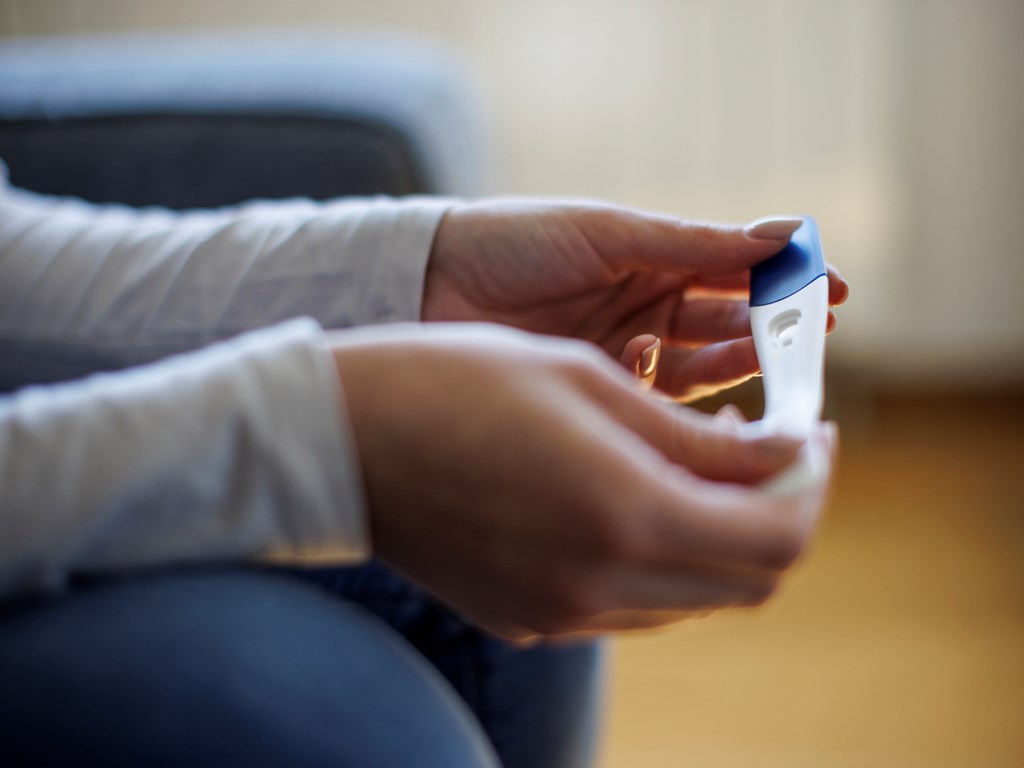IUI success rate: What to expect
If you’re considering intrauterine insemination (IUI) as part of your fertility journey, you’re probably wondering about your chances of success. Discover what the statistics really mean and learn about the factors that can impact your IUI treatment.

IUI (intrauterine insemination) is a type of fertility treatment where sperm is placed directly in the uterus around ovulation. IUI success rates vary - they are based on factors like age, health and fertility challenges, and you might come across different statistics.
On this page, we focus on IUI success rates and what you need to know about the statistics. You can also find IUI success stories and get insights on the factors that can affect IUI treatment.
If you're new to the process, our comprehensive guide to IUI will give you an overview of the procedure from start to finish.
What is the success rate of IUI treatment?
It’s difficult to give a general estimate of IUI success rates, as they can vary depending on age and whether you're looking at pregnancy rates or live birth rates.
In addition, many statistics are based on studies of individuals experiencing fertility challenges. Therefore, they are not always accurate for solo mums or same-sex couples using donor sperm.
It’s also important to keep in mind that IUI often requires multiple attempts before resulting in pregnancy. According to the NHS, IUI success rates in the UK show that half of women under 40 will get pregnant within six cycles. Doctors and clinics usually recommend 3-6 cycles of IUI before trying other forms of treatment.
IUI success rate by age
Age is one of the most important factors affecting IUI success rates. Below is a breakdown of IUI success rates by age, mentioned in this scientific article from GebFra.
The chances of getting pregnant decrease over time due to changes in egg quality, ovarian reserve and hormonal balance. Younger women usually have healthier eggs and a more consistent menstrual cycle, which increases the chances of successful IUI treatment. As women age, the number and quality of their eggs decreases. There is also a higher chance of miscarriage compared to younger women.
| Age | Success rate per cycle |
|---|---|
| Under 24 years | 19.67% |
| Age 25 to 29 | 12.94% |
| Age 30 to 34 | 10.91% |
| Age 35 to 39 | 8.84% |
| Age 40 to 41 | 9.01% |
| Age 42 to 43 | 6.25% |
| Over 43 years | 3.45% |
Factors that affect IUI success rates
We have already focused on age as one of the biggest factors affecting IUI success rates. But there are other factors to consider as well. Fertility challenges such as PCOS, endometriosis and unexplained infertility can make it more difficult to get pregnant with IUI treatment. Sperm quality can also have an impact on the outcomes.
Many studies on IUI success rates are based on individuals with fertility challenges. That’s why it is important to know that it can be difficult to get an overview of success rates for IUI without fertility problems.
The use of fertility medication and going through several cycles of treatment can increase success rates.
Keys to a successful IUI
Is there anything you can do yourself to increase the chances of successful IUI? We have gathered a few tips that can be beneficial if you are having IUI treatment:
- Tracking ovulation for right timing
- Maintaining a healthy lifestyle such as focusing on a balanced diet, exercising and reducing alcohol
- Using fertility medications when necessary. However, this is individual and your doctor or fertility clinic will help you with guidance.
IUI success stories: Real-life experiences
Same-sex couple Jo and Viv needed fertility treatment when they wanted to start a family. Because of legislation in their home country, they had to travel abroad to get IUI treatment. Read Jo and Viv’s story and learn more about their ups and downs on their parenthood journey.
Conclusion: What to expect and next steps
Statistics on IUI success rates doesn't always give you a clear picture. They vary depending on age, and they are often based on studies of individuals with fertility challenges. It’s also worth noticing that the chances of getting pregnant improves with several rounds of cycles.
If IUI treatment is unsuccessful after 3-6 rounds, it can be a good idea to consider other treatment options like IVF.
If you're having IUI treatment, we're here to guide you. Feel confident and supported as you take the next step in your fertility journey. Get in touch with one of our advisors today.
Read more
 Guide
GuideThe price of fertility treatment: 4 couples share how much they spent on fertility treatment with donor sperm
Families using a sperm donor need to spend money on fertility treatment. But how expensive is it? Get the answer from people who have been through the fertility journey in this blog post.
 Anne Petersen
Anne Petersen
